Homemade Garlic Insecticide: How is it done? Is it really effective against pests?
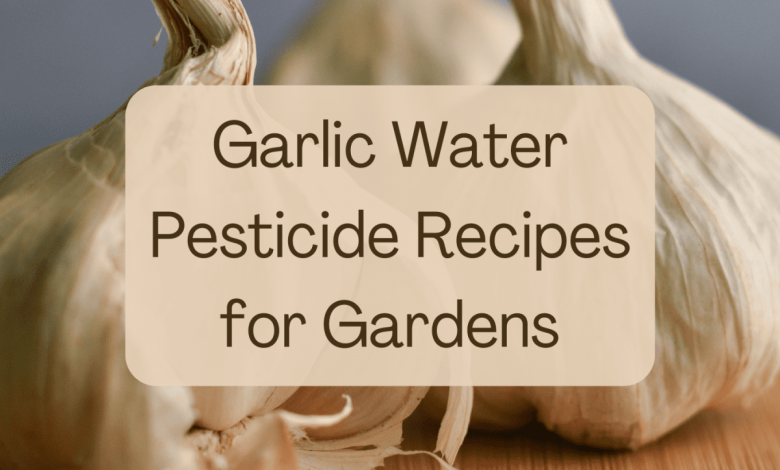
It is very common to find recipes for homemade insecticides made with garlic on the internet, made by people who promise that they are infallible to kill certain pests. But what is the truth in all this? What is the best way to make this homemade insecticide? Does garlic have insecticidal properties? ie Can garlic repel or kill certain insects such as aphids? What does science say? In this article we will clarify all these aspects.
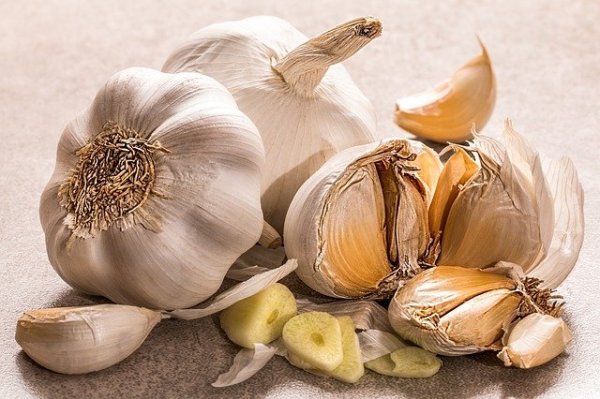
Garlic is a well-known plant. Its scientific name is Allium sativum L. and it is cultivated in many countries.
What’s so special about garlic?
The particularity of this plant is that garlic cloves have a high content of an amino acid called allicin. The pesticidal activity of garlic has been attributed to certain sulfur-containing compounds that arise from the enzymatic degradation of allicin.
Allicin is released when cutting or crushing garlic cloves and causes that strong and characteristic garlic smell, which acts as a repellent.
From the point of view of tradition, insecticides made from plants have been used for thousands of years. They were already used in ancient Egypt, Greece, China or India.
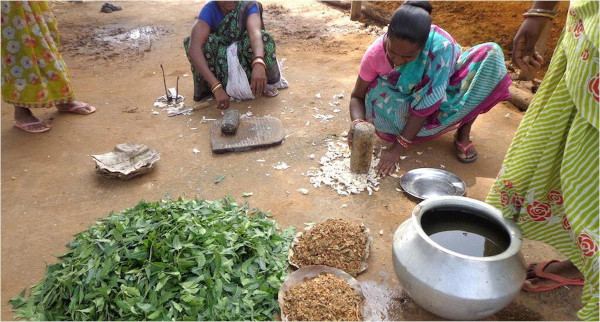
How to make a homemade garlic insecticide
There are different recipes and ways to do it. Here is the simplest one I have found.
Ingredients:
- 6 large garlic cloves
- 30ml vegetable oil
- 2 liters of water
Elaboration:
Crush the six large garlic cloves and soak them in 30 ml of vegetable oil for 24 hours. Then pass the garlic oil through a sieve and add the two liters of water. Then shake the mixture for 30 seconds.
How is it applied to plants?
This recipe is designed to apply the insecticide using a 2-liter manual sprayer like the one in the image.
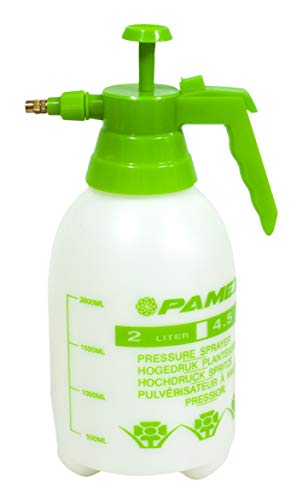
Scientific evidence of the use of garlic as an insecticide
We already know that this type of insecticide has been used since ancient times and also how we can do it at home. At this point we could ask ourselves , but is it really effective? works? Let’s see what science says on this subject.
In a study published in the Journal of the North Carolina Academy of Science in 2008, it was found that treating lettuce with an insecticide made with garlic significantly reduced the number of aphids.
In a study published in the journal Organic Agriculture in 2013, a comparison was made of different treatments made with raw garlic extract, pepper and chemical insecticides, to combat the pests of the Cabbage Aphid (Brevicoryne brassicae L.) and of the cabbage moth (Plutella xylostella L.) on cabbage (Brassica oleracea var. capitata L). In this study it was seen that the insecticide made with garlic was as effective with chemical insecticides and that it was also more respectful of the natural enemies of the pests that were to be controlled.
In a review article published in the journal Agronomy for Sustainable Development, 12 household insecticides made from plants were analyzed. In the case of garlic, there are numerous studies, both in the laboratory and in the field, that support the properties of garlic as acaricide and insecticide. In the case of insects, its efficacy has been proven against Coleoptera (beetles, weevils), Diptera (flies), Lepidoptera (moths, butterflies) and Hemiptera (aphids, bedbugs).
All this has led the United States Environmental Protection Agency (EPA) to authorize numerous products that contain garlic as an active ingredient and considers that garlic has properties such as fungicide, bactericide, virucide, insecticide., nematicide, algaecide, acaricide and herbicide. It also acts as a repellant for birds, deer and other animals.
In Europe, there are also commercial phytosanitary products, which have garlic as an active ingredient and are authorized against insects.
Authorized commercial products are usually based on garlic oil, as it is a more powerful and stable active ingredient over time.
Is garlic insecticide safe for people?
Yes. Its toxicity does not affect people if it is used at these levels. There are technical and scientific studies that support it, and the EPA says so.
If I apply garlic insecticide to my garden plants, will they taste like garlic?
No. Plants do not pick up the flavor of garlic. If, for example, you apply this homemade insecticide to some lettuce or some tomatoes, when you eat them you won’t notice it. Even if we apply an insecticide with a strong smell of garlic, it remains outside and does not penetrate the plant.
Conclusions
The use of garlic in our garden as an insecticide, fungicide, bactericide or nematicide is backed by science. It not only acts as a bird and insect repellant but is also capable of killing insects, fungi and nematodes.
We can use homemade garlic insecticides in our garden with total peace of mind, because they are not toxic to people or to nature and they do not add garlic flavor to plants.
The added advantage is that these plant extracts are not persistent in the environment compared to synthetic pesticides. However, the fact that they are less persistent means that repeated applications, especially during the rainy season, may be necessary to achieve good results.
References
- Baker, B.P., & Grant, J.A. (2018). Garlic & Garlic Oil Profile. Active Ingredient Eligible for Minimum Risk Pesticide Use. New York State Integrated Pest Management, Cornell University, Geneva NY
- Dougoud J, Toepfer S, Bateman M et al. Efficacy of homemade botanical insecticides based on traditional knowledge. A review.Agron. Sustain. Dev. 39, 37 (2019). https://doi.org/10.1007/s13593-019-0583-1
- Fening, KO, Amoabeng, BW, Adama, I. et al. Sustainable management of two key pests of cabbage, Brassica oleracea var.capitata L. (Brassicaceae), using homemade extracts from garlic and hot pepper.Org. Agr. 3, 163–173 (2013). https://doi.org/10.1007/s13165-014-0058-2
- Rawleigh, Sarah O., And Amy E. Boyd. Comparison Of Homemade And Conventional Sprays As Aphid Control On Lettuce.Journal of the North Carolina Academy of Science (2008): 53-57.


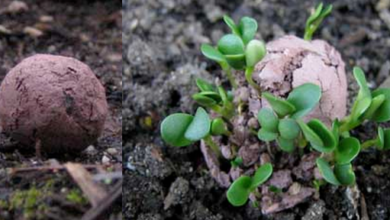
![Photo of Pests and Diseases of the Peach Tree: [Detection, Causes and Solutions]](https://www.complete-gardening.com/wp-content/uploads/2022/08/pests-and-diseases-of-the-peach-tree-detection-causes-and-solutions-390x220.jpg)
![Photo of Afelandra or Zebra Plant: [Care, Planting, Irrigation and Substrate]](https://www.complete-gardening.com/wp-content/uploads/2022/08/afelandra-or-zebra-plant-care-planting-irrigation-and-substrate-390x220.jpg)